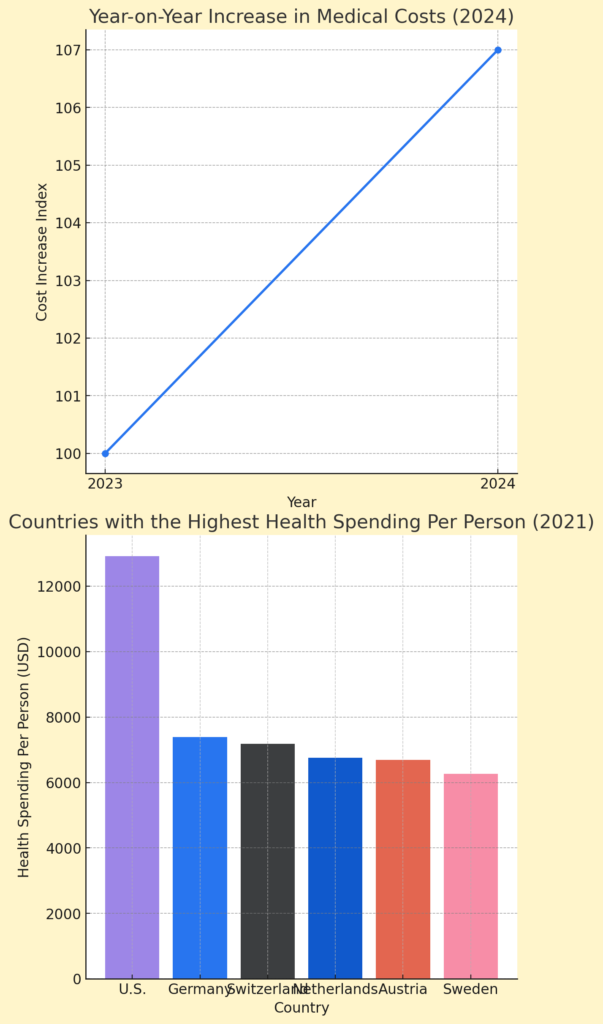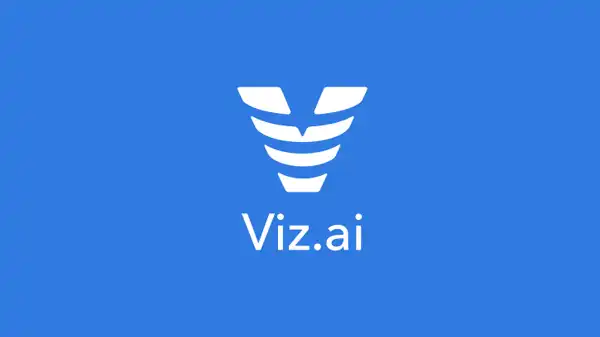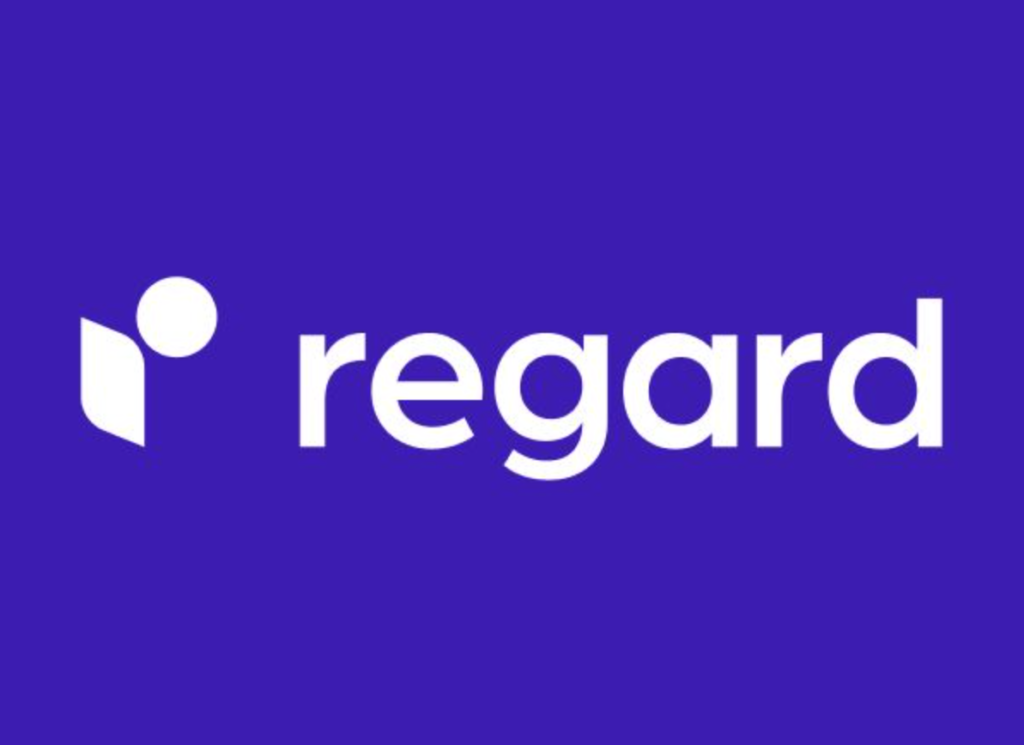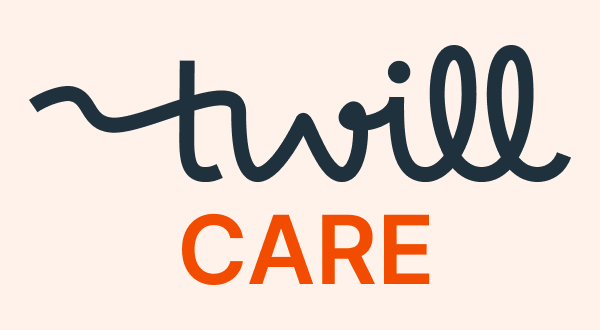
Healthcare costs have been steadily increasing, and there are several key factors contributing to this trend. Importantly, the Inflation Reduction Act of 2022 has introduced important changes to help manage the cost of prescription drugs under Medicare. These changes include limiting the cost of insulin and making pharmaceutical companies responsible for rebates if their prices rise faster than inflation. This is expected to help lower the amount people have to pay for medications, with the biggest impact seen between 2023 and 2027.
New treatments are being developed, especially for conditions like obesity. While these could lead to higher spending, the decision to include them in coverage plans is still being discussed. Another big change has been the rise of virtual healthcare, which gained momentum during the COVID-19 pandemic. The effects of this shift on costs, access to care, and overall affordability are still being assessed.
State governments have also been active in trying to control health costs, and these efforts are shaping both state and national health policies. Recent rules against unexpected medical billing in private insurance are expected to affect insurance premiums, addressing a part of the issue of rising healthcare costs.
Introduction to AI as a transformative technology in healthcare
AI has become a game-changer in healthcare, profoundly influencing patient care and operational efficiency. Its applications are diverse, improving everything from the accuracy of diagnoses and creating personalized treatment plans, to streamlining hospital operations and administrative tasks. AI’s role in healthcare isn’t just about enhancing care quality; it also helps in cutting costs. This is achieved through more efficient processes, fewer errors, and better use of resources. Looking ahead, the potential of AI in healthcare is enormous. Continuous advancements in this field are expected to further transform how we provide patient care, manage healthcare operations, and improve the affordability of healthcare services.
Current state of healthcare expenses globally
In 2024, the global healthcare expense scenario is multifaceted and influenced by several key factors:

- Escalating medical costs: Healthcare expenses are climbing due to factors like high inflation, increased wages, and other rising costs. This trend is intensified by a shortage of clinical staff. According to PwC’s Health Research Institute, there’s an anticipated 7.0% year-on-year increase in medical costs for both individual and group markets in 2024. This rise is notably higher than in previous years, driven by inflation-related costs and consistent increases in pharmacy expenses, especially for specialty drugs and medications for chronic conditions such as Type 2 Diabetes and obesity.
- Varied healthcare spending across countries: There is a significant variation in healthcare spending among countries. For instance, Lithuania’s healthcare spending per capita was $1,840 in 2021, which was 7.85% of its GDP, while Kuwait’s per capita expenditure was $1,533 in 2020, making up 6.31% of its GDP. These differences are indicative of the diverse healthcare systems, economic conditions, and governmental policies in each country.
Global health expenditure overview: The World Health Organization’s Global Health Expenditure Database offers a comprehensive look at health spending across more than 190 countries since 2000. This resource is crucial for understanding healthcare resource allocation, informing policy development, and ensuring the transparency and accountability of health systems. It provides an in-depth analysis of expenditure categorized by healthcare functions, diseases, age groups, and types of providers.
These insights underscore the complex and evolving nature of healthcare expenses globally, shaped by technological advancements, economic dynamics, and policy shifts. The emphasis on AI and technology in healthcare indicates a movement towards more efficient and effective healthcare service delivery, though cost and workforce challenges continue to be significant concerns.
AI-driven cost reduction in diagnosis and treatment
AI in healthcare is a game-changer. Think of it as a superhero that makes healthcare better for everyone. It can predict how patients will do, simplify all that pesky medical paperwork, and even help hospitals figure out staffing and resources. It’s not just about money; it’s about taking healthcare to the next level, keeping patients happy, and making doctors’ lives easier.
But here’s the plot twist for 2024: healthcare costs are on the rise. Blame it on inflation, higher salaries, a shortage of medical staff, and those expensive meds. It’s like a financial pressure cooker. So, what’s the plan? The healthcare industry is going all-in on cool tech and innovative ideas to tackle these rising costs head-on.
In a nutshell, healthcare is changing fast. Costs are going up, but AI and tech are here to save the day by making healthcare smarter, more budget-friendly, and all about the patient. It’s like a healthcare revolution, and staying in the loop is a must.

Operational efficiency through AI
Artificial Intelligence (AI) is making a significant impact on the operations of hospitals across various areas, revolutionizing how they function.
Supply chain management
Hospitals are embracing AI to supercharge their supply chain management. AI-powered solutions provide predictive insights into supply and demand, minimizing waste and ensuring essential items are always available. Cutting-edge 3D printing technology is also transforming how products are manufactured and accessed, further boosting supply chain efficiency.
Scheduling and staffing. AI takes the reins in optimizing scheduling and staffing within hospitals. By analyzing patterns like appointment cancellations, no-shows, and delays, AI systems create more accurate schedules. This not only improves resource utilization but also cuts down on wait times. Additionally, AI can forecast patient admission rates, allowing hospitals to adjust staffing and resources accordingly.
Administrative tasks
AI is reshaping administrative processes in healthcare, especially in areas like billing and claims processing. Automation powered by AI reduces manual errors and streamlines administrative workflows. This not only boosts efficiency but also speeds up the reimbursement process and ensures adherence to regulations.
Patient flow optimization
Managing patient flow efficiently is vital for a great patient experience. AI algorithms predict admission rates, helping hospitals prepare for patient influxes by ensuring they have the right staff and resources in place. AI also assists in triaging patients effectively based on their symptoms and medical histories, optimizing patient flow and reducing wait times.
In a nutshell, AI is a game-changer in hospital operations, making them more efficient, patient-focused, and adaptable to the ever-evolving healthcare landscape.
Examples of AI tools & systems currently in use
The healthcare industry is witnessing a wave of AI tools and systems that are transforming patient care and operational efficiency:

AI-based Image Reconstruction
AI technology is enhancing MRI exams, making them more efficient and cost-effective. It produces high-resolution images, boosting diagnostic accuracy. This is especially beneficial for patients who may be anxious or in pain, as it reduces exam times and ensures accurate scans from the start.

Viz.ai medical record management
A cloud-based patient record management system that streamlines information access and sharing among healthcare professionals and patients. It offers real-time analytics and insights, enabling quicker treatment decisions and ultimately improving patient outcomes.

Health data management with Enlitic
This healthcare intelligence platform, powered by AI, enhances the accuracy of health data. Enlitic Curie™ identifies early signs of health conditions, aiding in treatment decisions and providing a more precise view of a patient’s overall health. Curie|ENDEX™ transforms big data into actionable insights, supporting strategic and timely decisions.

Regard: clinical tasks automation
An intelligent platform that automates clinical tasks, freeing up more time for patient care. It utilizes machine learning and natural language processing to analyze patient data in medical records and clinical notes, offering valuable insights into diagnoses, treatments, care plans, and outcomes.

Twill: mental health assistant
This tool bridges the gap between mental and physical health using machine learning and NLP. It identifies patterns in mental health conversations, helping clinicians understand patients’ needs more quickly and facilitating better treatment planning.
These examples highlight how AI is revolutionizing diagnostics, patient care, and healthcare operations. The result is more efficient, effective, and personalized healthcare services that ultimately benefit both patients and healthcare professionals.
Impact of AI on patient outcomes and long-term healthcare costs
AI’s impact on patient outcomes
AI’s impact on patient outcomes is substantial and multifaceted. It leads to earlier diagnoses, personalized treatments, and more effective interventions, ultimately improving patient health and quality of life. Additionally, AI enhances healthcare efficiency, making it more accessible and cost-effective for patients. As AI continues to advance, its positive influence on patient outcomes is expected to grow even further.
AI in Radiology
Studies have shown that AI can detect diseases like breast cancer and lung cancer from medical images with accuracy rates exceeding 90%. This early detection can significantly improve patient outcomes by allowing for timely treatment.
Personalized Medicine
AI analyzes a patient’s genetic makeup and medical history to create personalized treatment plans. This approach has led to a 30% improvement in patient outcomes for certain diseases, according to research.
Surgical Precision
Surgeons use AI-assisted robots for complex surgeries. These robots have reduced complications by 21% and hospital stays by 25%, making recovery faster and better for patients.
AI and Long-Term Healthcare Costs
Hospital Operations: AI helps hospitals predict patient admissions and discharge times. By optimizing bed allocation and staff scheduling, hospitals can reduce costs by up to 20%, ensuring resources are used efficiently.
Administrative Efficiency: AI automates administrative tasks like billing and claims processing. This not only reduces errors but also lowers administrative costs by 30%, speeding up the reimbursement process.
Preventative Care: AI identifies patients at risk of chronic diseases and suggests interventions. By preventing illnesses, AI can save billions in long-term healthcare costs.
These numbers show that AI isn’t just a fancy idea; it’s making a real impact on patient outcomes and saving money in healthcare. It’s like having a powerful ally on the journey to better, more affordable healthcare!
Emerging trends in AI for healthcare cost reduction
In the rapidly evolving landscape of AI for healthcare in 2024, a series of emerging trends are poised to make a profound impact, promising significant cost reductions and a marked improvement in the efficiency and effectiveness of healthcare delivery. These trends represent the dynamic convergence of cutting-edge technological innovation and the pressing needs of the healthcare sector, reshaping the industry’s future.
Increased regulation and oversight
As AI technologies advance at an unprecedented pace, the spotlight is increasingly focused on regulatory measures and oversight in the healthcare sector. New regulations are being swiftly introduced to strike a balance between harnessing the potential of AI and ensuring stringent quality control and adherence to non-discrimination policies within healthcare settings.
Generative AI
This form of AI, capable of generating data for training healthcare algorithms, stands poised to revolutionize the healthcare landscape. Generative AI can simulate real-world scenarios and medical records while preserving patient privacy, thereby elevating the precision of future diagnoses and ultimately improving patient outcomes.
Preventative healthcare
AI is becoming an integral driver in shifting the healthcare paradigm from a reactive stance to a proactive approach. By harnessing data, AI empowers healthcare providers with insights into averting illnesses and preparing for potential health issues based on factors such as family history and genetic predisposition.
AI automation in routine tasks
Anticipated integration of AI into routine healthcare tasks, including medical claim reviews, promises to enhance productivity and accuracy, all while alleviating the human resource burden.
Direct-to-consumer (DTC) models and prevention Focus
A palpable shift toward DTC healthcare models is on the horizon, streamlining processes and driving cost reduction while augmenting patient care. Additionally, a heightened emphasis on prevention over treatment is expected, with technology serving as a predictive and preventive tool against illnesses.
Digital therapeutics in life sciences
Life sciences companies are increasingly incorporating digital therapeutics into their offerings, amplifying the effectiveness of their products, enhancing patient engagement, and catalyzing growth.
Reimbursement for digital therapeutics
The prospect of reimbursement for digital therapeutics occupies a pivotal position on the healthcare radar. Such reimbursement models could usher in broader adoption of these solutions, equipping healthcare providers with new tools and offering payers more cost-effective treatment alternatives.
Widespread adoption of AI
AI is poised for universal integration across healthcare systems, spanning applications from risk stratification to predictive analytics, with the potential to substantially curb healthcare costs.
These trends signify a transformative phase in healthcare, wherein AI not only optimizes existing practices but also unlocks fresh avenues for innovation and enhanced patient care. As AI’s prominence continues to rise, its role in reshaping post-COVID-19 healthcare becomes increasingly pivotal, offering a promising outlook for the future of healthcare delivery and management.
The balance between technology and human touch in healthcare
The impact of Artificial Intelligence (AI) on healthcare is profound and can be summarized in three key aspects:
Impact of AI on healthcare costs
AI has the potential to bring about significant cost reductions in healthcare. By enhancing efficiency, accuracy, and patient outcomes, AI streamlines various healthcare processes. It is particularly effective in areas such as diagnostics, treatment planning, and administrative tasks like billing and record-keeping. AI’s predictive analytics and preventive care models contribute to early diagnosis and treatment, ultimately reducing the long-term costs associated with chronic diseases and late-stage interventions.
Balance between technology and human touch
While AI presents remarkable advancements, the human element in healthcare remains irreplaceable. AI tools should be viewed as valuable aids to healthcare professionals rather than substitutes. They excel at enhancing decision-making, providing precise diagnostics, and facilitating personalized patient care. However, the empathy, ethical judgment, and nuanced understanding offered by healthcare professionals are aspects that AI cannot replicate. Striking a balance between harnessing AI for its analytical capabilities and preserving the essential human touch in patient interactions is paramount.

Future of AI in healthcare
The future of AI in healthcare is promising and characterized by ongoing innovation and expansion. AI is poised to become seamlessly integrated into routine healthcare processes, offering deeper insights into patient care, furthering the advancement of personalized medicine, and optimizing healthcare operations. However, with its increasing role, the healthcare sector must address various challenges. These include ensuring data privacy, navigating ethical considerations, and guaranteeing equitable access to AI-driven healthcare. Collaborative models that see AI augmenting human expertise are likely to become more prevalent, leading to improved patient outcomes and more efficient healthcare systems.
In conclusion, AI represents a transformative force in healthcare, offering substantial benefits in terms of cost reduction and enhanced patient care. Careful navigation of AI adoption is crucial, with a focus on augmenting human capabilities rather than replacing them. Addressing the ethical, legal, and social implications of advanced technology is imperative to ensure that AI in healthcare continues to provide value while upholding the highest standards of care.
